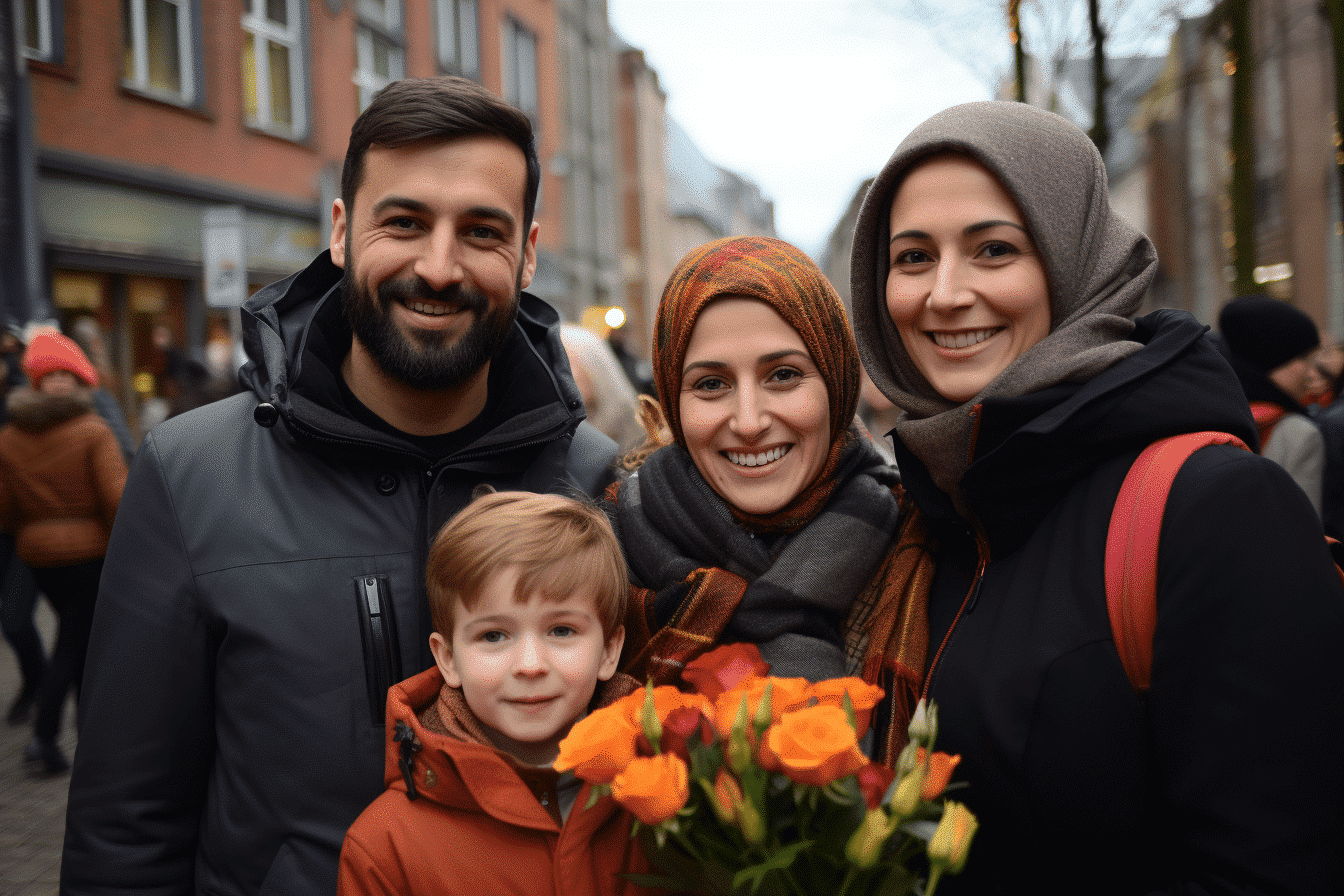Over 80 percent of immigrants express a sense of belonging to Germany. Typically, this feeling of connection strengthens as the duration of their stay in the country increases
Germany has now been recognized as an immigration destination. A study by the Advisory Council on Integration and Migration revealed that a substantial majority of immigrants resonate deeply with their adopted country. The strength of this bond is greatly shaped by their education, linguistic proficiency, and social interactions.
Immigrants and their offspring in Germany experience a profound connection with their new home, according to the findings of a study by the Advisory Council on Integration and Migration. A staggering 80 percent of participants reported a strong sense of allegiance to Germany, with 46.2 percent feeling “wholly” integrated and 38 percent feeling “somewhat” integrated. When juxtaposed with individuals without a migratory background, approximately 90 percent felt a connection.
The term “migration background” pertains to individuals or those with at least one parent not born as German citizens. The study found that a higher percentage of Aussiedler and Spätaussiedler felt integrated compared to those with Turkish heritage or familial connections in the EU or other regions. Yet, across all groups, a distinct majority reported feeling a sense of belonging.
Conversely, migrants felt a weaker emotional tie to their birth countries, though over half still felt some attachment. The report’s authors noted that the longer the duration of stay in Germany, the stronger the attachment felt, with the bond to their birth country diminishing correspondingly.
Such dynamics are elucidated by specialists. They assert that fluency in the German language and intercultural interactions reinforce the sense of integration. Conversely, instances of discrimination can undermine it. Intriguingly, individuals with a higher educational background might feel more detached, possibly due to heightened awareness of exclusion.
Furthermore, experts highlighted that fluency in German and diverse social connections reinforce a sense of belonging, referencing prior research to support their claims. Discrimination, however, can have a counteractive effect. Notably, highly educated individuals may feel a deeper sense of alienation, potentially due to their heightened sensitivity to feelings of rejection.
To clarify, “migration background” encompasses those who, or whose parents, weren’t originally German citizens. The study divulged differences among immigrant categories: notably, a larger percentage of Aussiedler and Spätaussiedler, who are migrants from ex-Soviet nations, identify with Germany more than those of Turkish descent or those with roots in the EU or elsewhere.
Officially, a “Spätaussiedler” (late repatriate) denotes someone who, post-1993, migrated from former Soviet territories to Germany under a specific process, being recognized as ethnic Germans or “Volkszugehörige”. Historically, they were called “Aussiedler”.
